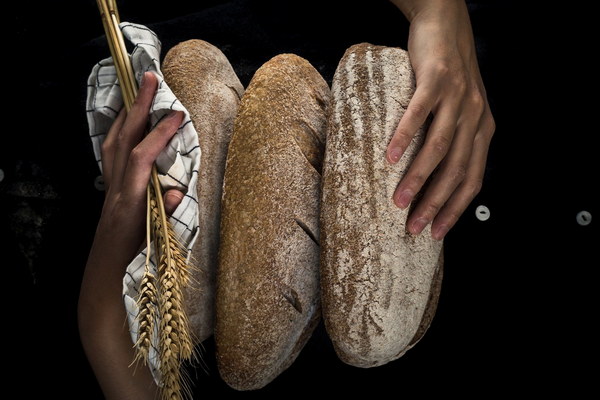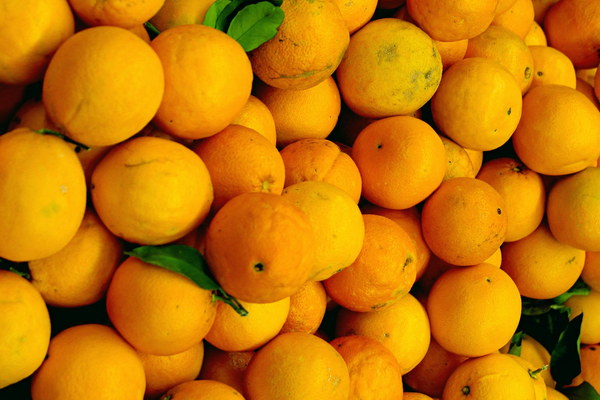Heart Failure in the Elderly A Nutritional Approach to Dietary Management
Heart failure is a condition that affects the elderly more frequently than any other age group. It is characterized by the heart's inability to pump blood effectively, leading to symptoms such as shortness of breath, fatigue, and fluid retention. While medication and lifestyle changes play a crucial role in managing heart failure, dietary adjustments can also significantly impact the patient's quality of life. This article explores how to manage heart failure through a nutritional approach, focusing on dietary strategies that can help alleviate symptoms and improve overall health.
1. Balance Macronutrients
A balanced diet is essential for maintaining heart health. This includes:
- Carbohydrates: Choose complex carbohydrates such as whole grains, legumes, and fruits, which provide energy without causing blood sugar spikes.
- Proteins: Opt for lean proteins like fish, poultry, and plant-based options like tofu, lentils, and chickpeas. These proteins are low in saturated fat and help to maintain muscle mass.
- Fats: Focus on healthy fats such as monounsaturated and polyunsaturated fats found in avocados, nuts, seeds, and olive oil. Avoid saturated and trans fats found in fried foods, baked goods, and processed snacks.
2. Increase Fiber Intake
Fiber helps to lower cholesterol levels, regulate blood sugar, and promote bowel health. Incorporate the following fiber-rich foods into the elderly patient's diet:

- Whole grains: Oatmeal, brown rice, quinoa, and whole grain bread.
- Fruits and vegetables: Apples, pears, berries, leafy greens, carrots, and broccoli.
- Legumes: Beans, lentils, and chickpeas.
3. Limit Salt and Sodium Intake
Excessive salt can lead to fluid retention and worsen heart failure symptoms. To reduce salt intake, follow these tips:
- Use herbs and spices instead of salt for flavor.
- Choose low-sodium or no-salt-added versions of processed foods.
- Avoid adding salt to cooked meals.
4. Control Fluid Intake
It is essential for elderly patients with heart failure to monitor their fluid intake. Here are some guidelines:
- Limit fluid consumption to 1-2 liters per day, depending on their symptoms and doctor's recommendations.
- Avoid drinking alcohol, caffeine, and excessive fluids before bedtime.
5. Incorporate Heart-Healthy Foods
Several foods are known to support heart health and can be included in the diet of elderly patients with heart failure:
- Fish: Omega-3 fatty acids found in fish like salmon, mackerel, and sardines can help reduce inflammation and improve heart function.
- Nuts and seeds: Almonds, walnuts, chia seeds, and flaxseeds are rich in healthy fats, fiber, and protein.
- Dark chocolate: High in flavanols, dark chocolate has been shown to improve blood flow and reduce blood pressure.
- Berries: Blueberries, strawberries, and raspberries are packed with antioxidants that protect the heart.
6. Consult a Professional
Before making any significant dietary changes, it is essential for the elderly patient to consult a healthcare professional or a registered dietitian. They can provide personalized dietary recommendations based on the patient's specific needs, preferences, and any existing health conditions.
In conclusion, a nutritional approach to managing heart failure in the elderly involves balancing macronutrients, increasing fiber intake, limiting salt and sodium, controlling fluid intake, incorporating heart-healthy foods, and seeking professional advice. By implementing these dietary strategies, elderly patients with heart failure can improve their quality of life and manage their symptoms more effectively.









